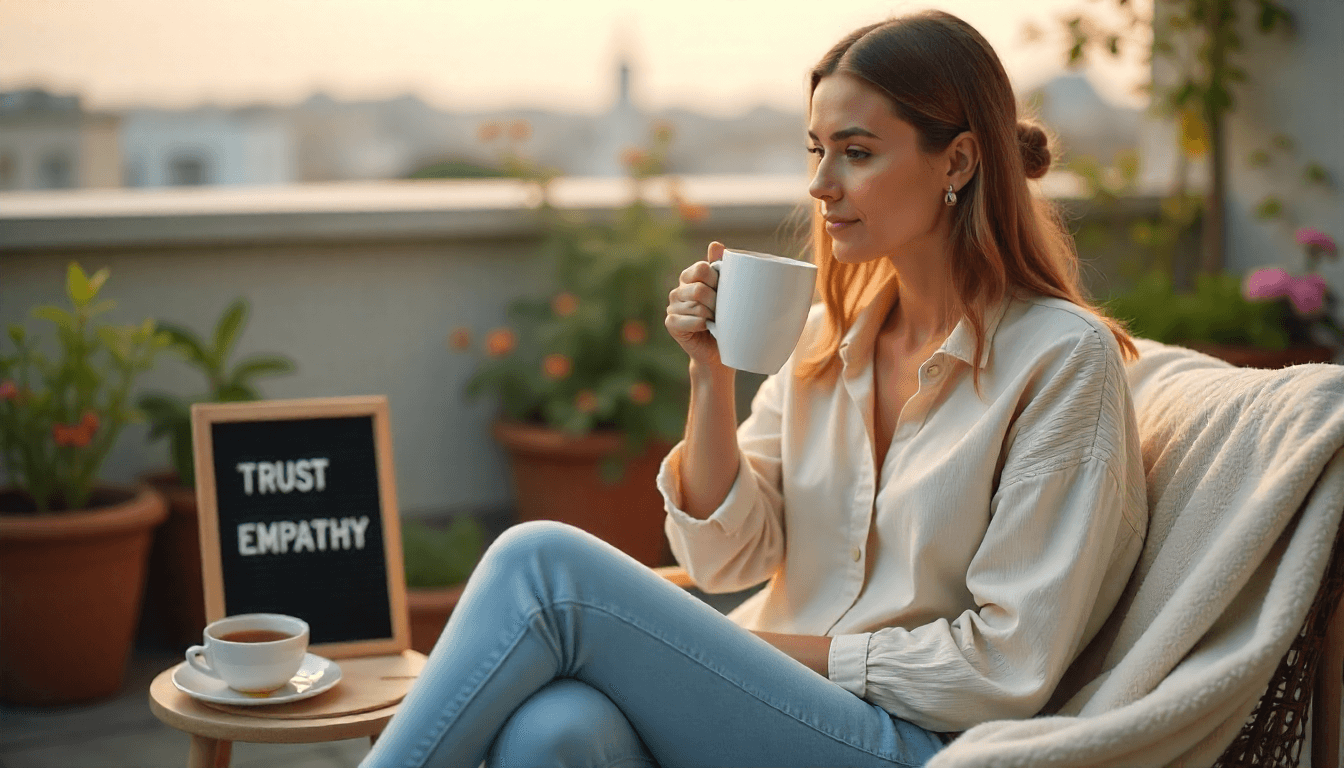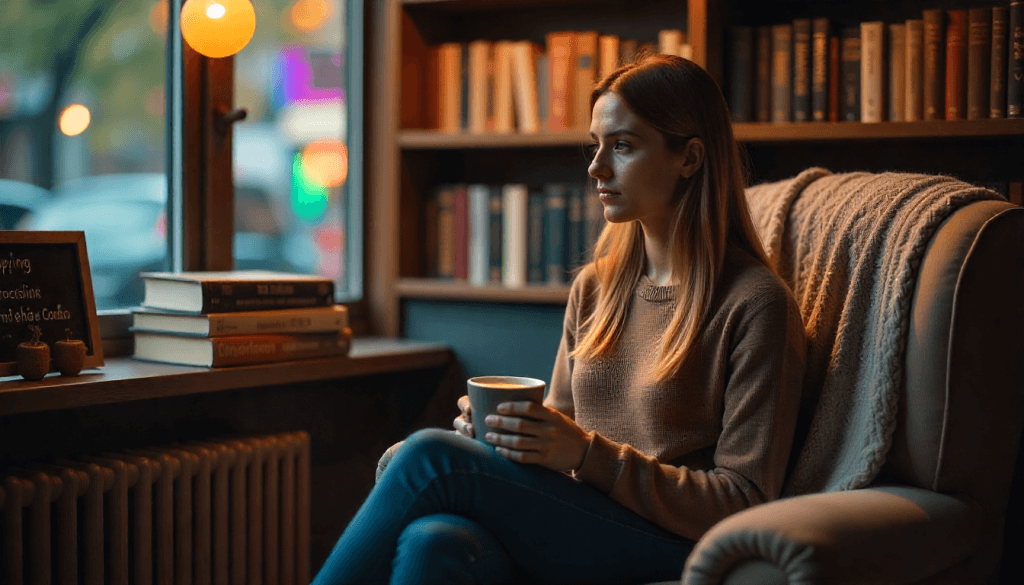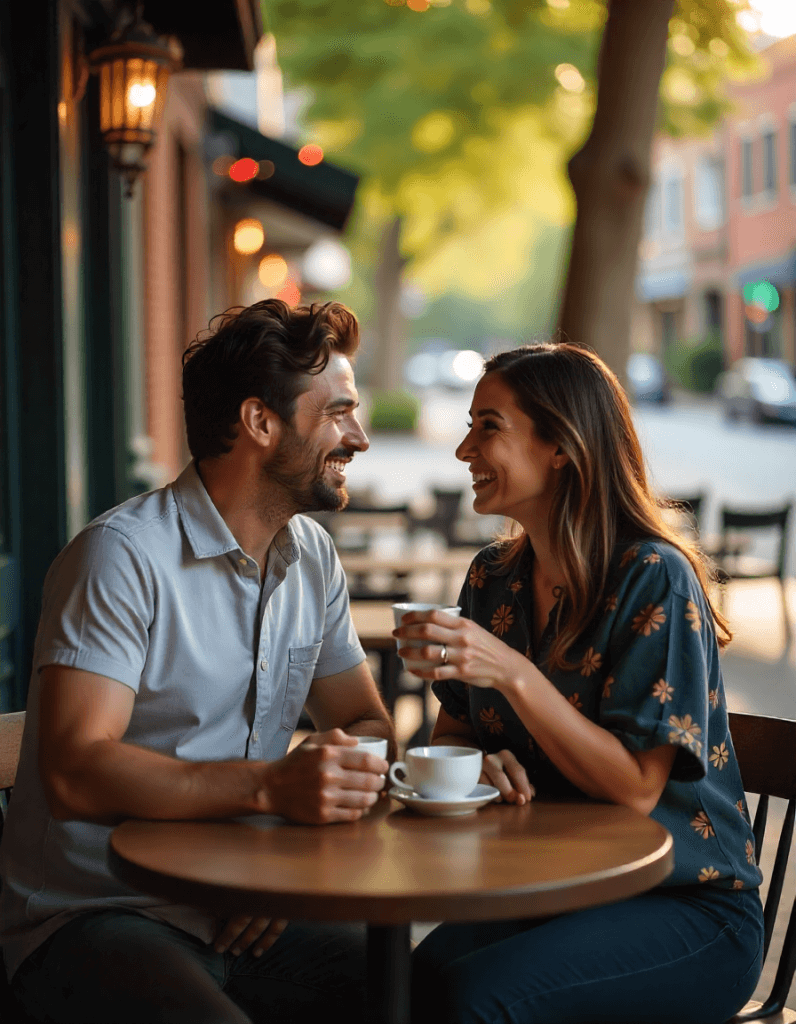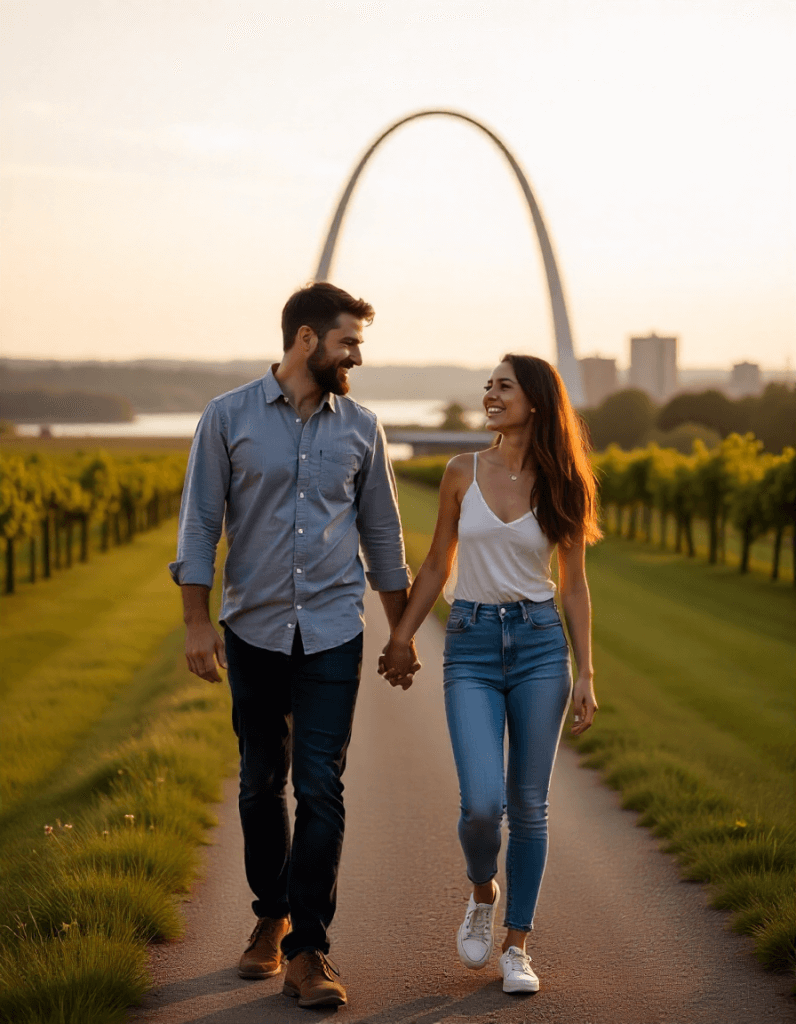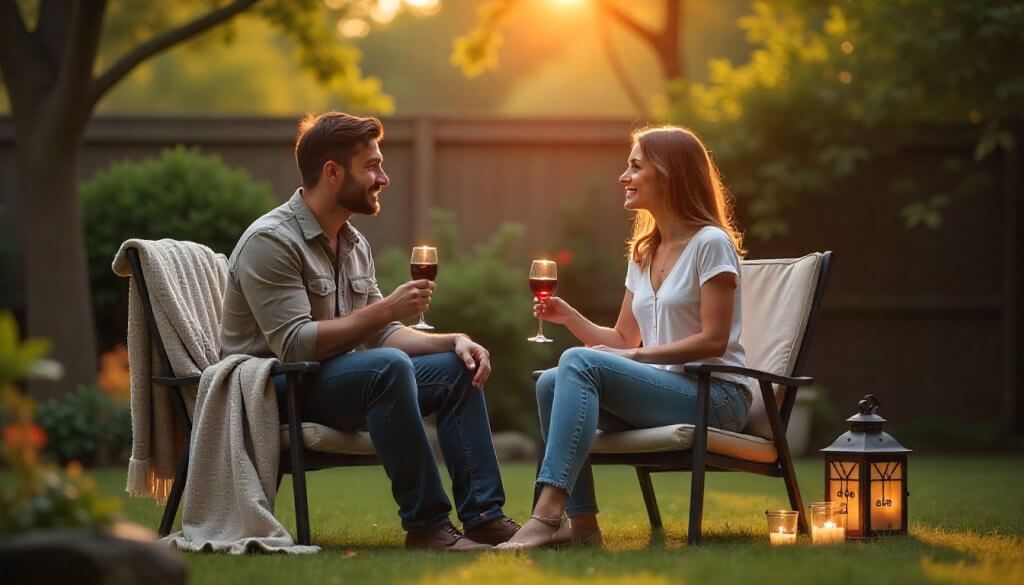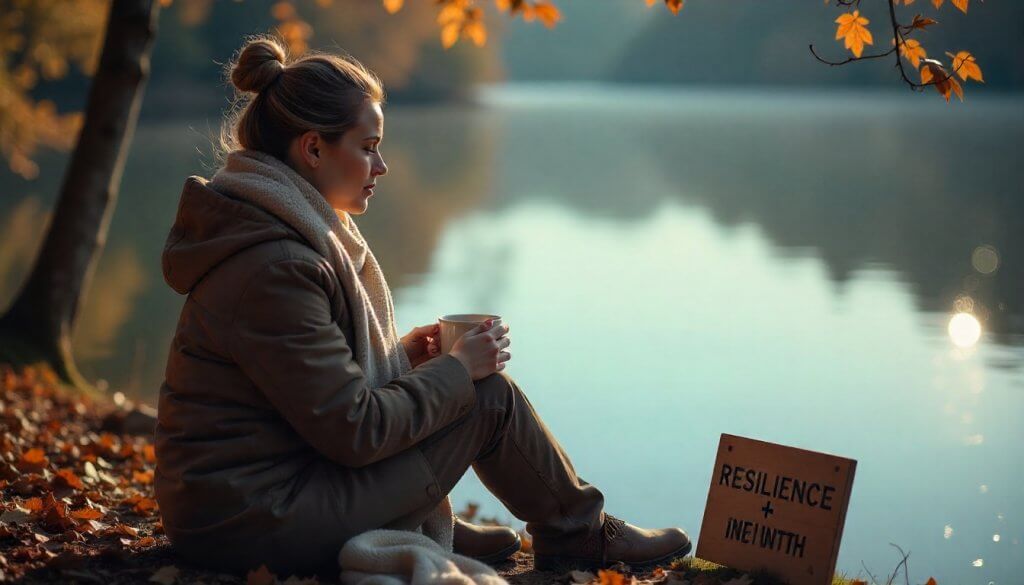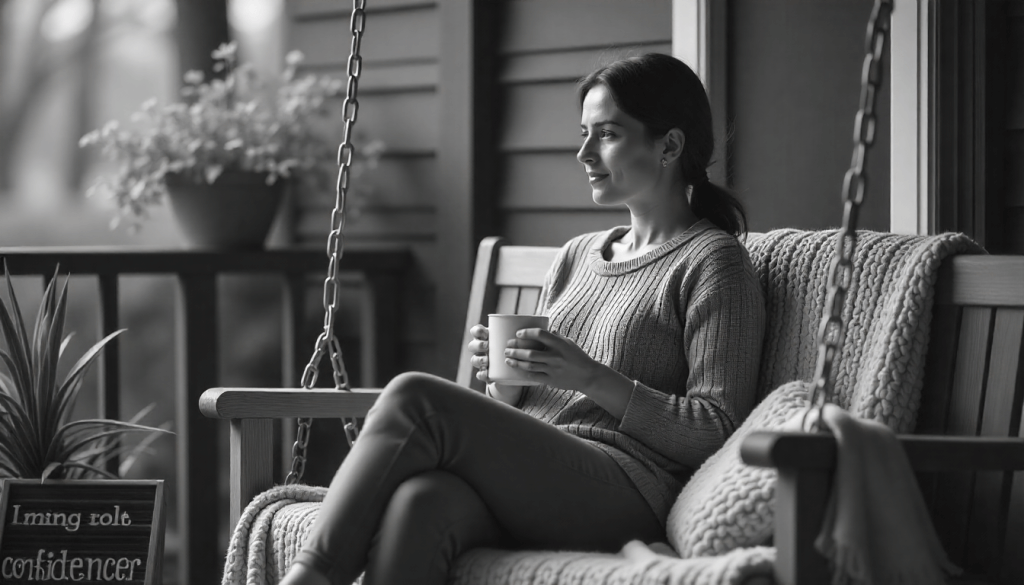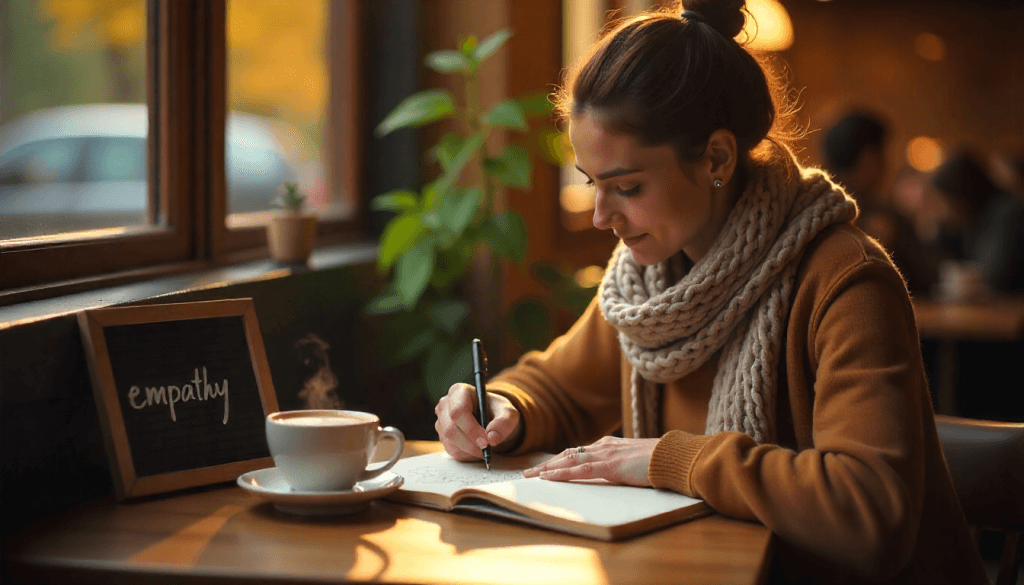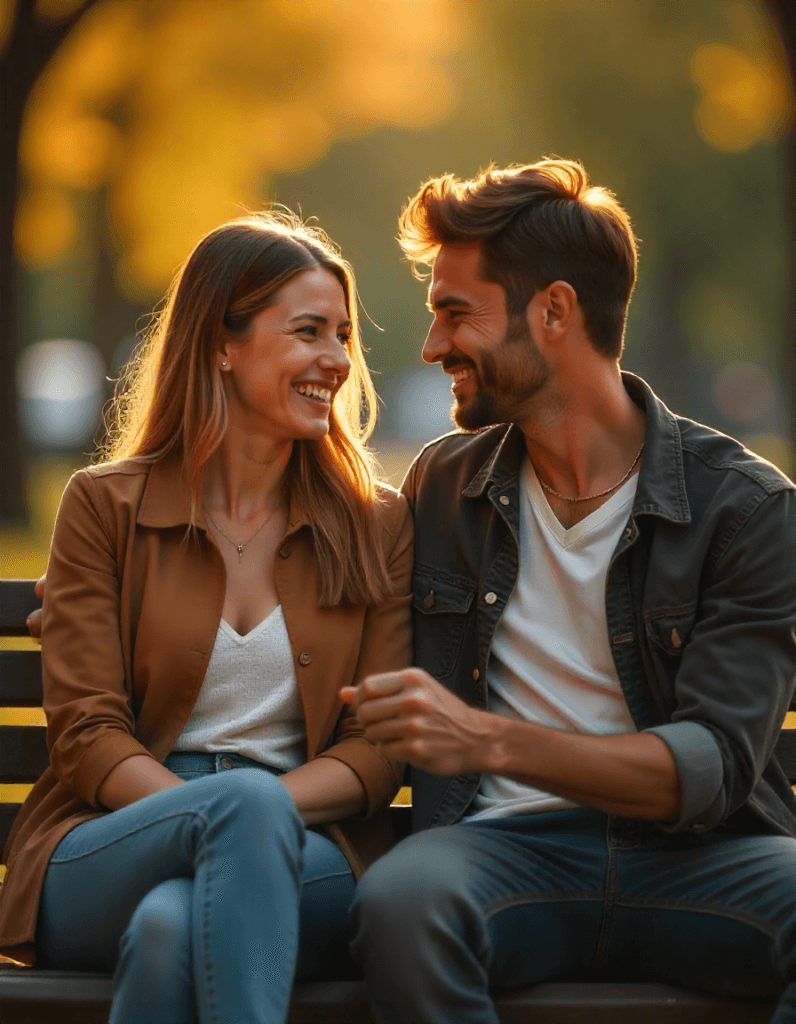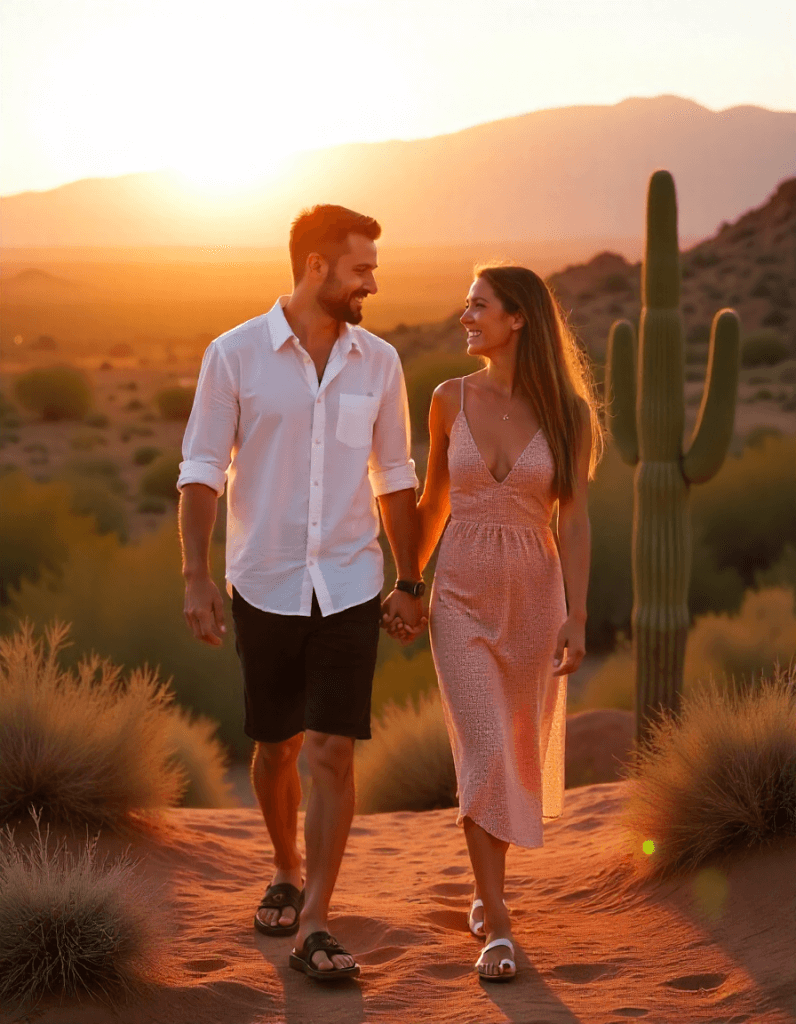Understanding what is emotional safety on dating apps like Hinge, Bumble, or OkCupid is key to building trust, especially for introverts seeking authentic connections. A 2023 Pew survey shows 68% of daters prioritize feeling emotionally safe in relationships. Inspired by Soulmatcher.app’s focus on meaningful bonds, this article explores emotional safety’s meaning and how to cultivate it. Feeling safe allows people to share thoughts and feelings without fear. By fostering emotional safety, women can create trusting, supportive relationships that thrive.
Why Emotional Safety Matters
Emotional safety is essential for healthy relationships. For introverts, it aligns with their need for vulnerability and trust.
Building Trust in Connections
Emotional safety, like on Hinge, fosters trust. A user who felt safe shared openly, deepening her bond. As a result, understanding what is emotional safety strengthens trust. According to a 2024 OkCupid study, 65% of daters value safe spaces. Moreover, this suits introverts’ desire for sincerity.
Enabling Vulnerability
Feeling emotionally safe, like on Bumble, encourages openness. A woman who felt secure shared her fears, building closeness. Consequently, emotional safety promotes vulnerability. A 2023 Psychology Today study notes 60% of daters feel closer when safe. Furthermore, this aligns with introverts’ emotional depth.
Reducing Emotional Harm
A safe emotional environment, like on Tinder, minimizes hurt. A user avoided judgment, feeling protected. Therefore, emotional safety reduces harm. Per a 2024 Hinge report, 58% of women report less stress in safe spaces. Additionally, this supports introverts’ need for calm.
Practical Tips to Foster Emotional Safety
These strategies help women create emotional safety on dating apps.
Listen Without Judgment
Listen to a Hinge match’s thoughts to help them feel emotionally safe. A user’s non-judgmental ear built trust. As a result, listening fosters emotional safety definition. A 2023 Bumble study shows 62% of men feel valued when heard. Moreover, this fits introverts’ empathetic style.
Validate Their Feelings
Acknowledge emotions, like saying “I see why you feel that way” on Bumble. A woman’s validation deepened her connection. Consequently, validation builds a safe emotional environment. Per a 2024 Mashable study, 64% of daters feel safer with validation. Furthermore, this aligns with introverts’ thoughtfulness.
Communicate with Empathy
Use empathetic phrases, like “I’m here for you” on Tinder. A user’s empathy created a secure space. Therefore, empathy supports building emotional security. A 2023 Psychology Today study notes 59% of women feel supported by empathy. Additionally, this suits introverts’ caring nature.
Set Clear Boundaries
Establish boundaries, like on OkCupid, to ensure safety. A woman who set limits felt secure. As a result, boundaries enhance emotional safety in dating. According to a 2024 OkCupid study, 57% of daters value clear limits. Moreover, this supports introverts’ need for clarity.
Be Consistent and Reliable
Show reliability, like responding promptly on Hinge. A user’s consistency built trust. Consequently, reliability fosters emotional safety. A 2023 Pew survey shows 61% of daters trust consistent partners. Furthermore, this aligns with introverts’ desire for stability.
Challenges in Creating Emotional Safety
Women face obstacles in fostering emotional safety, but strategies can help.
Overcoming Fear of Judgment
Fear of judgment, like on Bumble, can hinder feeling emotionally safe. A user worried about sharing, fearing criticism. As a result, addressing fear is key to emotional safety definition. Per a 2023 Psychology Today study, 54% of women face this fear. Moreover, validation helps introverts.
Navigating Past Hurts
Past hurts, like on Tinder, can make safety hard. A woman’s prior rejection slowed her openness. Consequently, healing past wounds supports a safe emotional environment. A 2024 OkCupid study shows 56% of daters struggle with past pain. Furthermore, therapy aids introverts.
Building Trust Slowly
Trust takes time, like on Hinge, especially for cautious daters. A user needed patience to feel safe. Therefore, gradual trust-building fosters emotional safety in dating. Per a 2023 Mashable study, 55% of women need time for trust. Additionally, consistency helps introverts.
Text Fragments
- Fostering Trust: Emotional safety helps at least one person feel secure, building deeper connections.
- Safe Spaces: Create emotional safety by validating feelings to help people feel emotionally safe.
- Empathetic Bonds: Listening without judgment fosters a safe emotional environment in dating.
- Building Security: Emotional safety involves reliability to ensure at least one person feels safe.
Real-World Success Stories
These stories highlight women who fostered emotional safety.
Mia’s Empathetic Approach (Hinge)
Mia, a 30-year-old writer, listened empathetically on Hinge, helping her match feel emotionally safe. Her approach built trust. As a result, Mia’s strategy clarifies what is emotional safety. This proves empathy works for introverts. Moreover, it reflects their caring nature.
Zoe’s Boundary Setting (Bumble)
Zoe, a 33-year-old teacher, set clear boundaries on Bumble, ensuring emotional safety. Her limits deepened her bond. Consequently, Zoe’s approach supports building emotional security. This aligns with introverts’ need for clarity. Furthermore, it fostered a safe connection.
Future Trends Supporting Emotional Safety
Emerging app features in 2025 will help women create emotional safety.
AI-Driven Empathy Prompts
Apps like Tinder may suggest empathetic phrases, boosting safety by 20%, per a 2025 TechCrunch forecast. For example, AI prompts a Hinge user to validate feelings. As a result, AI tools enhance emotional safety definition. Moreover, they suit introverts’ communication style.
Safety-Focused Match Filters
Platforms like OkCupid could add filters for “values safety,” reducing mismatches by 25%, per a 2025 Mashable study. For instance, a Bumble filter for “seeks trust” aids selection. Consequently, filters support a safe emotional environment. Furthermore, they align with introverts’ goals.
Trust-Building Chat Tools
Apps like Hinge may offer prompts for safe communication, aiding 50% of users, per a 2024 Forbes study. For example, a prompt suggests “I hear you.” Therefore, tools foster emotional safety in dating. Additionally, they enhance introverts’ trust-building.
When to Seek Support
If fostering emotional safety feels tough, external resources can guide women.
Join Relationship Forums
Engage in forums like Reddit’s r/relationships for safety tips. For instance, a user’s advice on validation refines your Tinder approach. Moreover, sharing experiences offers perspective. As a result, forums clarify what is emotional safety. This boosts confidence for women.
Consult Trusted Friends
Discuss chats, like a Bumble exchange, with at least one person for feedback. Their input on empathy sharpens your approach. Additionally, they provide emotional support. Consequently, friends foster a safe emotional environment. This strengthens resilience.
Seek Professional Guidance
A therapist can enhance safety skills, like on OkCupid, via Soulmatcher.app’s resources. For instance, therapy hones empathetic responses. Therefore, professional help supports building emotional security. Furthermore, it empowers introverts to feel safe.
Long-Term Benefits of Emotional Safety
Creating emotional safety yields lasting rewards for relationships.
Stronger, Trusting Bonds
Fostering emotional safety, like on Hinge, builds deeper trust. For example, empathetic chats lead to stronger bonds, increasing success by 25%, per a 2024 OkCupid study. As a result, trust clarifies what is emotional safety. Moreover, it fulfills introverts’ desires.
Enhanced Emotional Connection
Feeling emotionally safe, like on Bumble, fosters closeness. A woman who validated feelings felt closer to her match. Consequently, connection grows through emotional safety in dating. A 2023 Psychology Today study shows 60% of daters report growth. Additionally, this empowers introverts’ bonds.
Balanced Relationship Dynamics
A safe emotional environment, like on Tinder, creates equitable relationships. A user who set boundaries found harmony. Therefore, balance supports building emotional security. This aligns with introverts’ need for fairness, fostering healthy connections.
Moving Forward with Trust
Women can thrive by fostering emotional safety with intention.
Reflect on Safety Practices
Review chats, like a Hinge exchange, to note safety strategies. For instance, track how validation built trust. Moreover, reflection strengthens emotional safety definition. As a result, it sharpens approaches for women. This fosters emotional clarity.
Celebrate Safe Connections
Acknowledge wins, like a trusting Bumble chat, with rewards like a relaxing walk. For example, celebrating safety boosts morale. Additionally, share successes with at least one person for encouragement. Consequently, celebration supports a safe emotional environment. It fuels optimism.
Stay Authentic and Empathetic
Keep fostering safety authentically, like on OkCupid, while staying true to yourself. A woman’s empathetic replies led to a strong bond. Furthermore, trust your ability to create safety. Therefore, authenticity ensures rewarding connections through emotional safety in dating.
Conclusion
Understanding what is emotional safety on apps like Hinge, Bumble, or OkCupid involves listening without judgment, validating feelings, and setting boundaries. These strategies help women foster a safe emotional environment, building trust and connection ideal for introverts seeking meaningful bonds. Inspired by Soulmatcher.app’s focus on authenticity, women can overcome challenges like fear of judgment by seeking support from at least one person. Ultimately, building emotional security empowers women to create trusting, fulfilling relationships rooted in empathy and mutual understanding.


